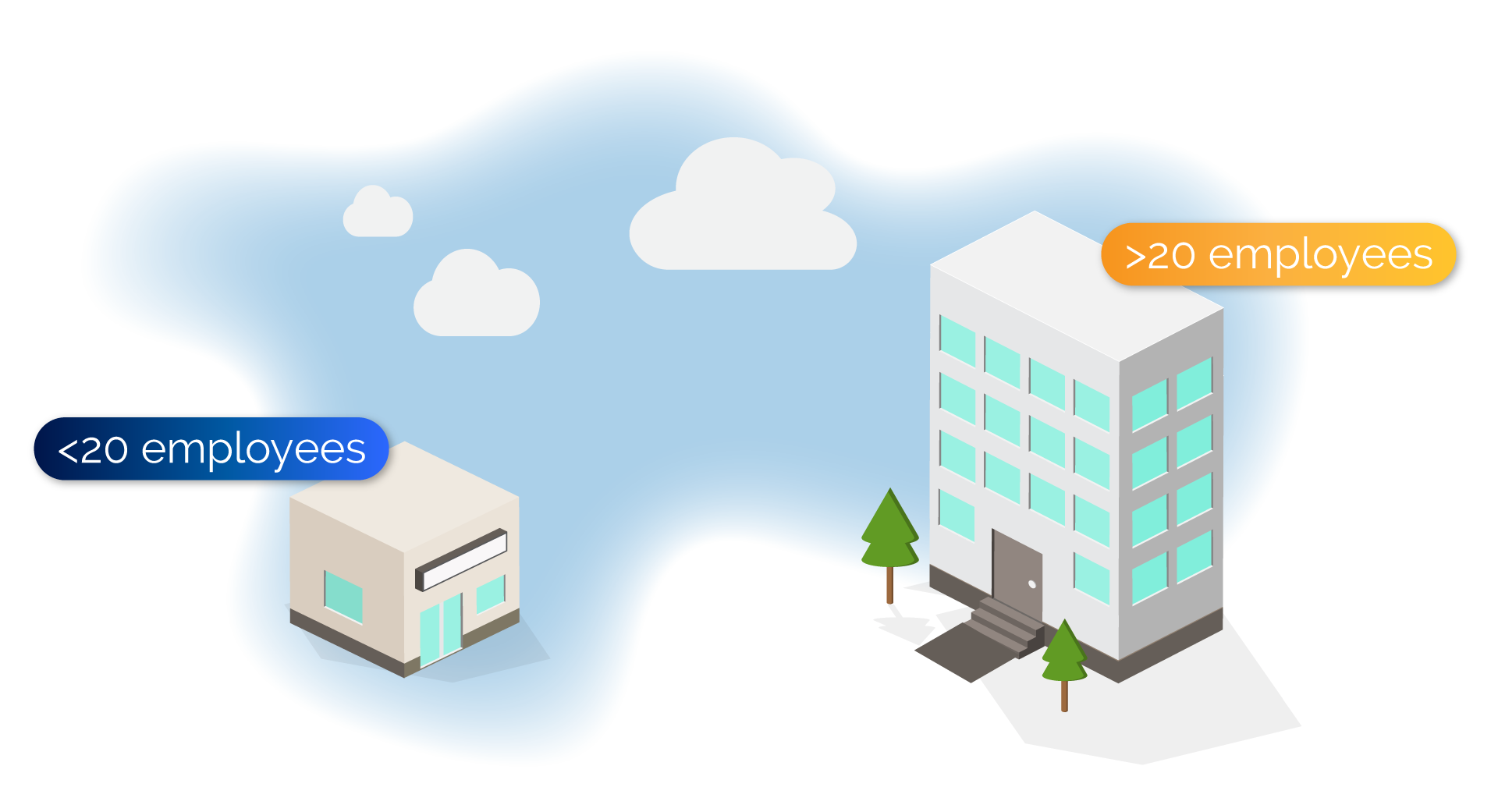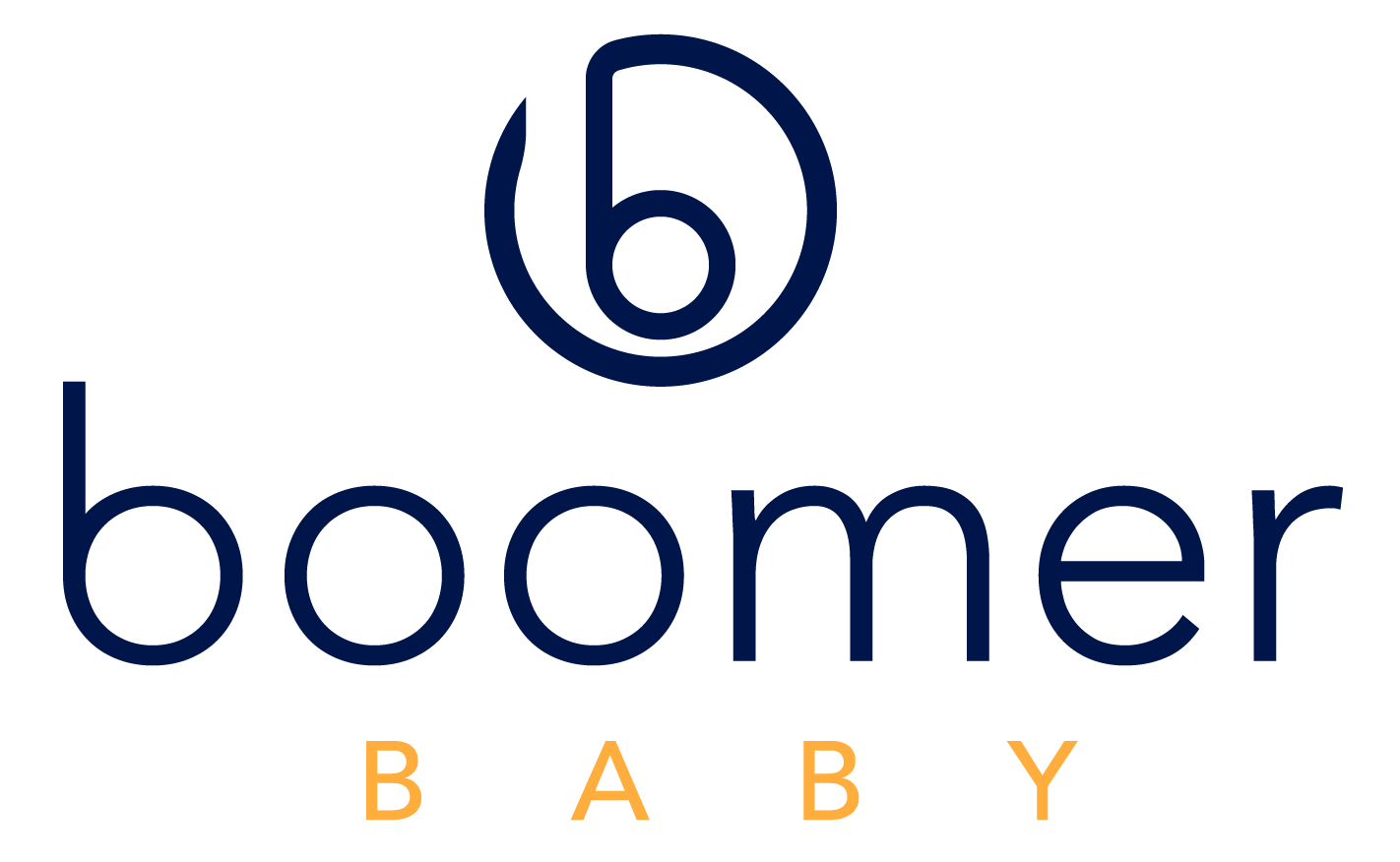
Medicare and Working Past 65
Revised on June 30, 2023
Turning 65 and Continuing to Work? Here’s what you need to know…
If you are turning 65 and are enrolled in an employer group health plan based on your own or a spouse’s employment, you may be able to delay enrolling in Medicare when first eligible.
How to know if you should delay enrolling in Medicare or should sign up when you’re first eligible? There are a few key factors to consider. For starters, it is important to note the following distinction when it comes to Medicare and employer group health plans:
- If you are enrolled in an employer group health plan with a company that has LESS than 20 employees, Medicare is the PRIMARY payer of claims and the Employer Group Health Plan is SECONDARY.
If you are enrolled in an employer group health plan with a company that has MORE than 20 employees, the Employer Group Health Plan is the PRIMARY payer and Medicare is SECONDARY.

Why does the company size matter?
By law, group health insurance plans offered by companies with over 20 employees are considered the “Primary Payer” (pays claims first) and Medicare as a “Secondary Payer” (except for employees with end-stage renal disease starting with the 31st month after the start of Medicare coverage, then Medicare pays first and the employer plan pays second). But group health insurance plans offered by companies with under 20 employees are considered the “Secondary Payer” and Medicare pays is the “Primary Payer”.
What does this mean for you?
If you are enrolled in an employer group health plan with more than 20 employees, you can sign up for Part A and Part B OR postpone Part A or Part B without penalties. You will qualify for a Medicare Special Enrollment Period, or SEP, when you leave the group plan. Be sure to note that Cobra is not considered group health coverage by Medicare.
If you are enrolled in an employer group health plan with less than 20 employees, you may want to sign up for Part A & B to avoid getting stuck with any unnecessary or surprise medical bills! While you’ll still qualify for a Medicare Special Enrollment Period when you leave the employer group plan, the employer group plan may have its own rules and require you enroll in Medicare when you turn 65 (this is because Medicare is the primary payer of claims for employers with less than 20 employees). Beware that different employer group health plans may have different rules, and your HR professional or broker may or may not be able to easily confirm these rules. Because of this nuance, if you decide to postpone signing up for Medicare, we recommend getting any confirmation from your plan sponsor in writing.
Other factors to consider whether to postpone or enroll in Medicare if you turn 65 while working:
- Costs – Comparing the costs of your employer group health plan and Medicare insurance plans is not quite apples to apples. Costs will vary depending on how much your employer contributes towards your premium vs. how much you need to pay out of your own pocket, your income bracket (because Medicare charges higher premiums for those with higher incomes), as well as which Medicare insurance plans you choose. Check out Budgeting for Medicare to get an overview of the costs.
- Plan Eligibility – Remaining eligible to be covered on your group plan, and covering a spouse and/or dependent, is tied to you continuing to work. IMPORTANT – while COBRA coverage may be an option, COBRA retiree health plans, VA coverage and individual health coverage are not considered coverage based on current employment by Medicare and you won’t be eligible for a Special Enrolment Period when that coverage ends.
- Plan and Network Options – Employers may offer limited number of insurance carriers and a handful of plans to choose from, and the provider network available under these plans may or may not satisfy your needs. There are typically many more Medicare insurance plan options available on the individual marketplace.
If you continue working past 65 for a company with more than 20 employees, and stay on your employer’s group health plan, keep in mind that:
- Most people qualify to get Part A without paying a monthly premium. If you qualify for premium free Part A, you can sign up for Part A coverage, and opt to postpone Part B. You can sign up starting 3 months before you turn 65 and any time after you turn 65.
- If you have a Health Savings Account, you and your employer should stop contributing to it 6 months before you sign up for Part A (or apply to start getting Social Security benefits) to avoid a tax penalty.
- If you are enrolled in an HSA compatible health plan through your employer and want to keep it, and your employer is > 20 employees, you should consider postponing enrollment into Part A
- If you receive social security payments, you cannot opt out of Part A.
- You will have an opportunity to sign up for Medicare prior to retirement during a Medicare Special Enrollment Period without penalty. It is recommended to start the enrollment process with the Social Security Administration no later than three months before you plan to retire.
We provide free consultations. If you are approaching Medicare eligibility and want to schedule a free consultation to discuss your personal situation, you can do that here.
